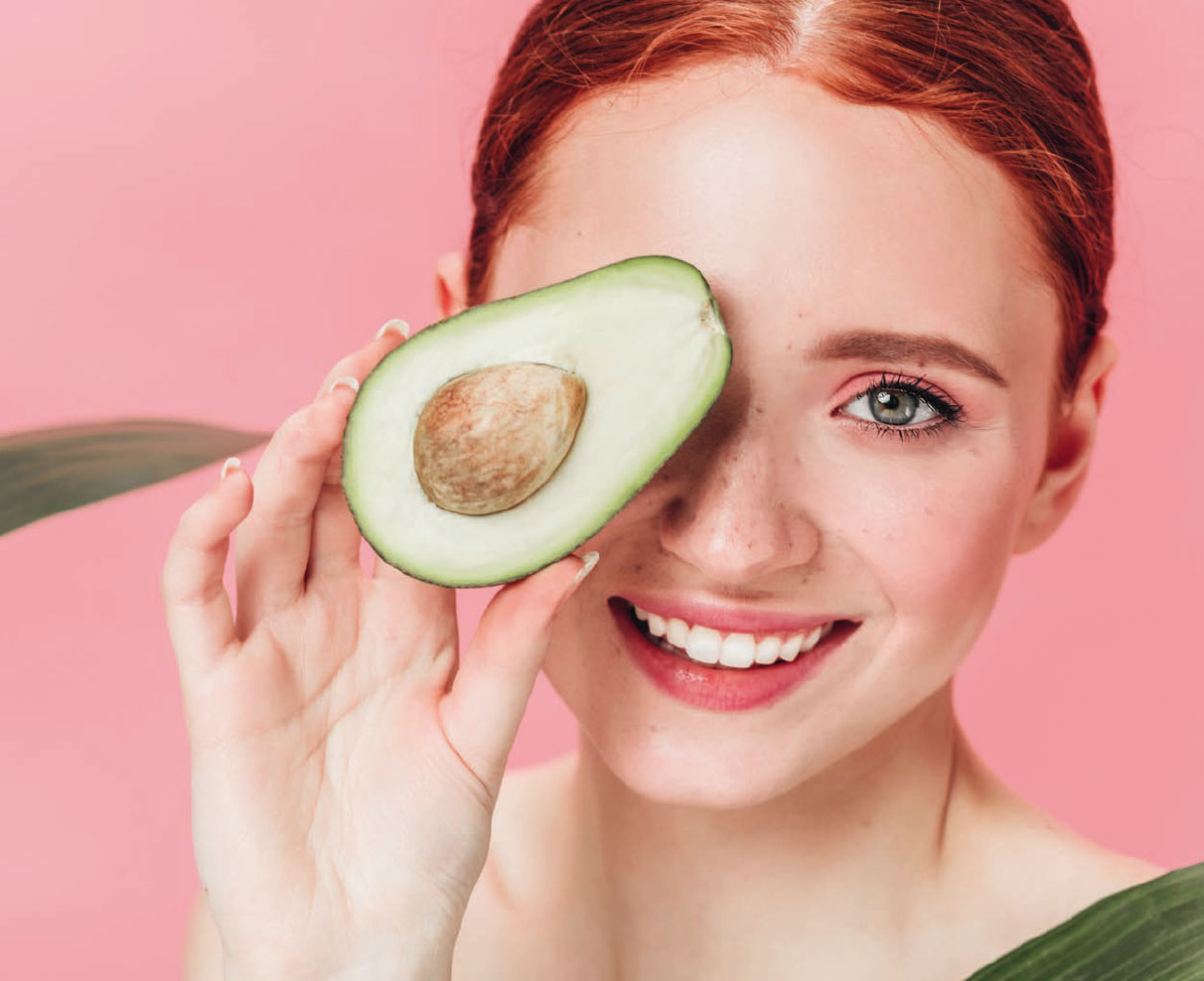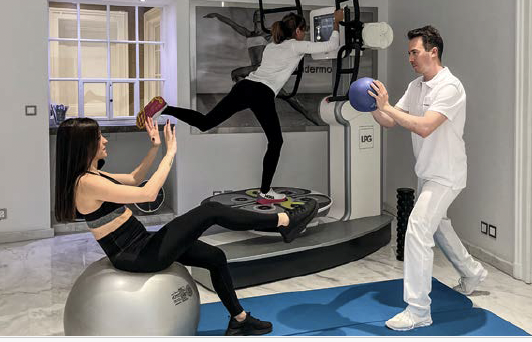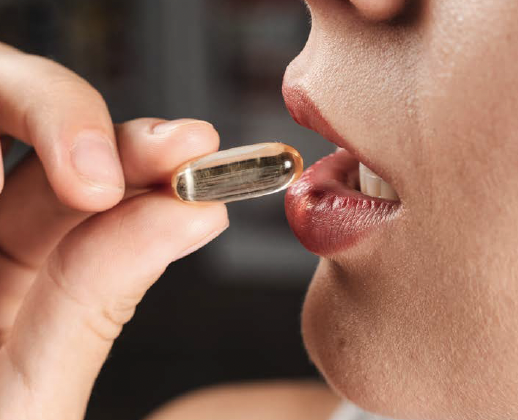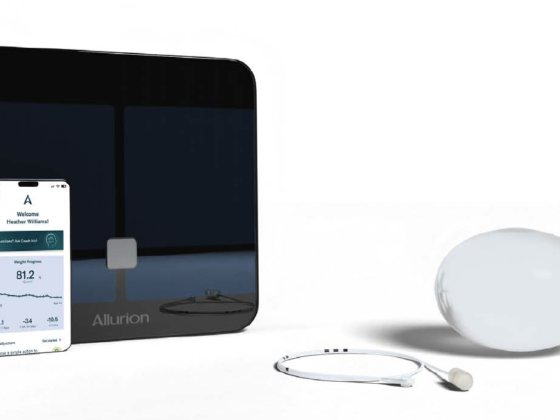By Boriana Boyer
Certain toxic molecules are inevitably produced by our vital processes: breathing, assimilation and use of food, inflammation, etc.
However, others come from outside the body, often through our behaviour and habits, such as smoking and drinking alcohol. Added to this are other toxins from the environment: pesticides, heavy metal pollution, endocrine disruptors in packaging and plastic tableware, allergenic or carcinogenic food additives.
Luckily, the human body is perfectly equipped with its own detoxification systems. Every one of the body’s cells manufactures its own oxidation, reduction and conjunctive enzymes that neutralise toxins. They are helped along by the emunctory organs: liver, lungs, kidneys and skin. All we have to do it let them get on with it, and give them a helping hand from time to time.
How can we help our body to detox?
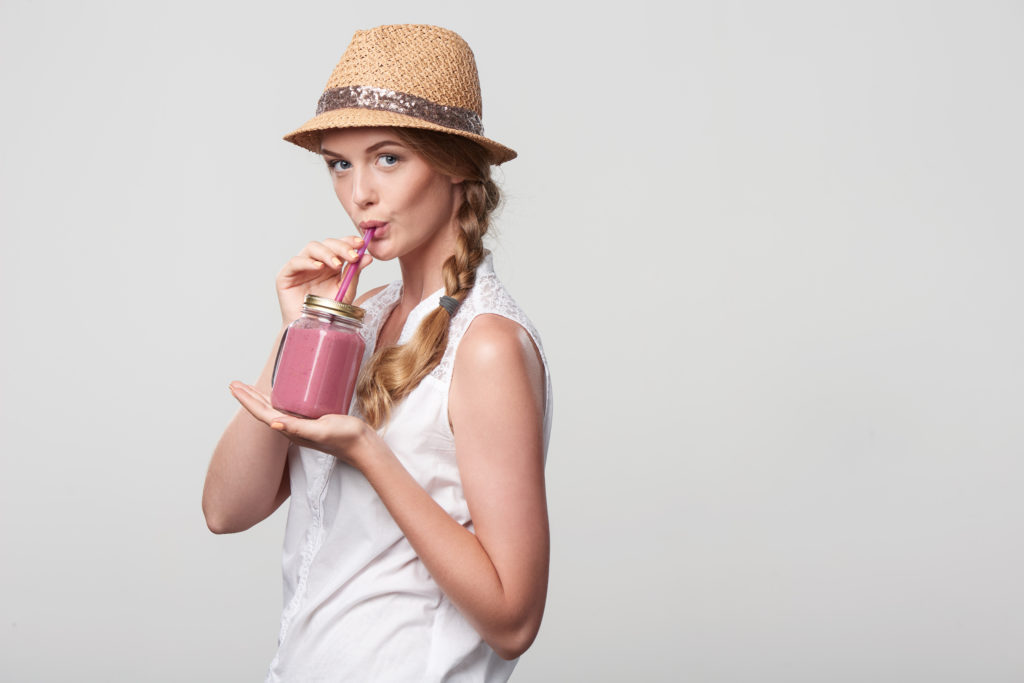 First of all: stop, or at least limit, your intoxication from smoking, alcohol and medicines. Eat organic foods, avoid using plastic (especially in the microwave), use make-up that is free from harmful or suspicious molecules. Several smartphone apps can help guide you in your food choices.
First of all: stop, or at least limit, your intoxication from smoking, alcohol and medicines. Eat organic foods, avoid using plastic (especially in the microwave), use make-up that is free from harmful or suspicious molecules. Several smartphone apps can help guide you in your food choices.
You can also avoid overwhelming your detoxification systems by reducing your consumption of red meat, excess protein and salt to spare your kidneys. Moderating your sun exposure completes the list of sensible and detoxifying behaviours.
Finally, you can help your detox systems to function at optimum capacity by drinking water throughout the day. It is also vital to eat a fresh and varied diet to provide your body with the detox systems’ cofactors, namely vitamins C, E, zinc, selenium, carotenoids and other pigmented antioxidants.
My handy advice:
1. Drink 2L of water per day, preferably with lemon (juice of one lemon, diluted in 2L of water to be drunk in small quantities throughout the day). Water promotes the exchange and elimination of waste, while lemon provides vitamin C and citrates, which help the liver to purify the body.
2. Fast for 18 of every 24 hours and eat 2 meals plus a fruit snack during the other 6 hours. Allowing the liver to rest and empty its stock of glycogen makes it more efficient and gives you more energy.
3. Eat seafood once a week (with lemon) to boost your zinc and selenium levels. Favour organic fish (except salmon, which contains high levels of heavy metals) and organic poultry, as well as plant proteins (lentils, chickpeas, white beans, kidney beans, split peas).
4. Eat a large portion of raw vegetables – as colourful as possible – for lunch and dinner and don’t scrimp on vinaigrette, because plant oils are rich in vitamin E. You can also make fresh vegetable, citrus fruit and herb juices as a snack.
5. Use simple cooking techniques: salads, steaming, parchment parcels. These preserve the food’s essential nutrients. To reduce salt, use spices, herbs, garlic, shallots – it’ll boost your antioxidants. If you cannot go without one or two glasses of wine per week, make it red wine, which is a source of polyphenols.
Boriana Boyer :  15 years’ experience as a dietician and nutritionist. Trained in hypnosis and integrative therapies, which she uses in her practice to help her patents. Works with a group of multidisciplinary doctors in Neuilly Plaisance and in Gagny (Paris). Involved in preventative actions set up by health insurance providers, local councils, charities and healthcare networks. Recognised healthcare trainer in subjects that concern nutrition and therapeutic education.
15 years’ experience as a dietician and nutritionist. Trained in hypnosis and integrative therapies, which she uses in her practice to help her patents. Works with a group of multidisciplinary doctors in Neuilly Plaisance and in Gagny (Paris). Involved in preventative actions set up by health insurance providers, local councils, charities and healthcare networks. Recognised healthcare trainer in subjects that concern nutrition and therapeutic education.



